The Attention Economy Needs to Change. But How?
So... Could you run Facebook better than Zuckerberg?
Episodes
-

The Power of Curiosity
S4 E11 - 5m 21s
All forms of curiosity, even silly hypotheticals, are important – they can lead to practical ideas as well. And two groups are great at it: kids and smart adults. But the average person forgets to be curious. Here we explore the power of curiosity, and in the words of Joe Hanson – Stay Curious! Don’t shy away from asking questions, however pointless they may seem.
-
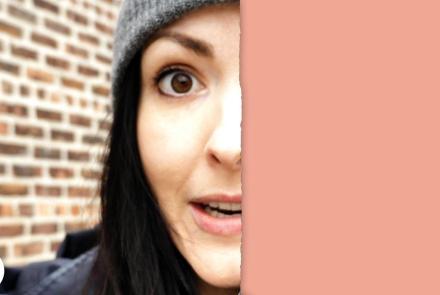
How Halfalogues Manipulate Your –
S4 E10 - 3m 16s
A halfalogue is that distracting half-of-a-conversation that you overhear. And you absolutely must know the other half. Because you're a curious human and your brain circuitry rewards you for finding out. Here's the lowdown.
-
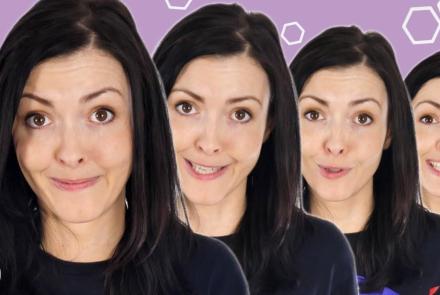
What If We Were All Optimists?
S4 E9 - 4m
Surprise! You're more optimistic than you think.
-
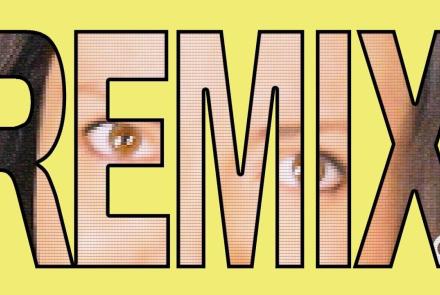
How Remixes Hijack Your Brain
S4 E8 - 9m 17s
YouTube, as a platform for creative expression, has inspired a new form of modern creativity. In this video essay, I explore how the remix, a product of this participatory creativity, hijacks your brain. Why do we love watching things we've probably already seen be reproduced in new ways?
-
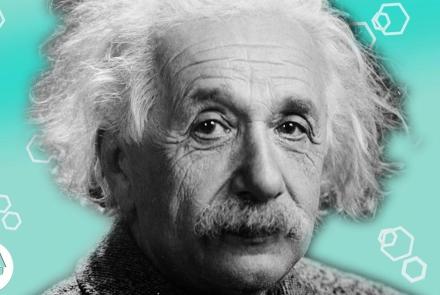
How to Think Like Einstein
S4 E7 - 3m 6s
It seems like some people have so many great ideas – like Albert Einstein, who as well as changing everything we know about the whole of space and time, also took a stab at fashion. Rest assured there are ways that the rest of us can be more creative, too. We explore some practical tips for boosting your creativity and generating ideas.
-
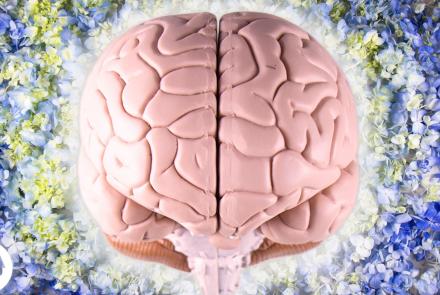
The Neuroscience of Creativity
S4 E6 - 3m 2s
Creativity depends on the cooperation of two competing networks: one that generates spontaneous thoughts (the default mode network) and the executive control center of the brain that governs everything else. Our random, free-flowing thoughts that are worthy of further exploration pop into our consciousness when they're recruited by the executive control network.
-
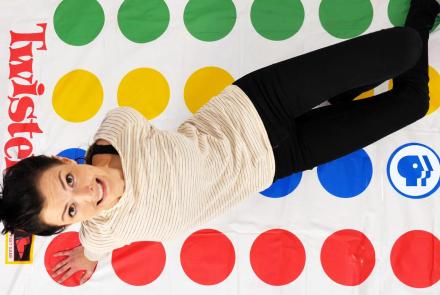
The Surprising Similarities Between Twister and Intelligence
S4 E5 - 5m 45s
Network Neuroscience offers a new way to look at our brains – where researchers organize our brain's connections as patterns and look at how those connections interact, change and stay the same when we perform different tasks. It turns out that the flexibility of those connections can indicate how quickly we can learn or multitask – and is a top predictor of intelligence.
-
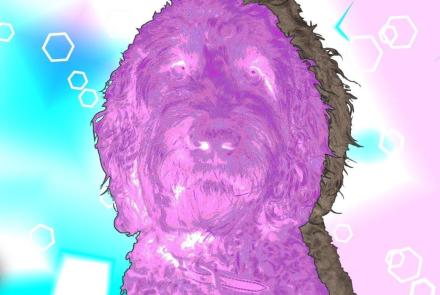
Artificial Intelligence Can Hallucinate, Too.
S4 E4 - 4m 44s
Can artificial intelligence tell the difference between labradoodles and fried chicken? ...probably. But they can also see things that... aren't there.
-
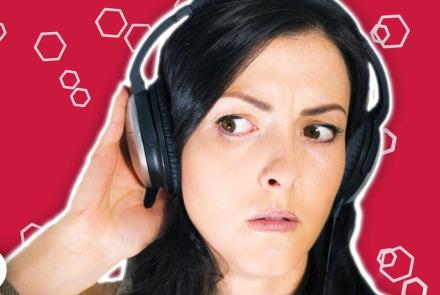
Artificial Intelligence Solved This Audio Illusion. Can You?
S4 E3 - 4m 36s
The Cocktail Party Effect is an auditory phenomena that, really, humans shouldn't have to solve – normally we can automatically separate different sounds and voices through our selective attention. But it's hard, right? Well Artificial Intelligence found it even harder – a machine found it difficult to determine the difference between audio tracks.
-

The Sounds That Are Unbearable (Misophonia explained)
S4 E2 - 6m 14s
We explore Misophonia, a sound sensitivity syndrome where people have strong emotional reactions to common sounds. We meet Vanessa's friend Molly Templeton and clinical psychologist Dr. Ali Mattu to talk about the brain basis of Misophonia, trigger sounds, reactions and treatment.
-

Can You Visualise This? (Aphantasia Explained)
S4 E1 - 4m 51s
A lot of us can stop and visualise things in a flash – a rainbow, your breakfast table, your Mum's 80s haircut. But "visualising" isn't the norm for everyone – some people don't imagine things in a visual way. While our "mind's eye" allows a lot of us to see things in our head, other people imagine with words or concepts – in non-visual ways.
WETA Passport
Stream tens of thousands of hours of your PBS and local favorites with WETA Passport whenever and wherever you want. Catch up on a single episode or binge-watch full seasons before they air on TV.
Similar Shows

Living Wild: Plant-spiration with Hilton Carter
Science and Nature

A Walk in the Park with Nick Mollé: Nature of the Beasts
Science and Nature
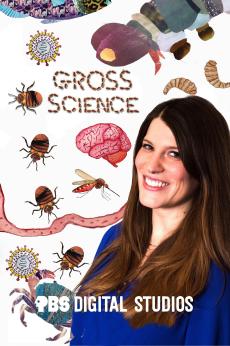
Gross Science
Science and Nature
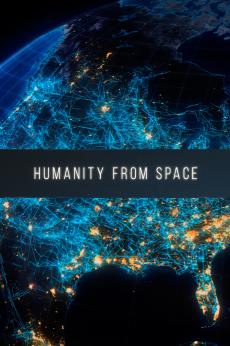
Humanity from Space
Science and Nature

Return to the Wild
Science and Nature

The Amazing Human Body
Science and Nature

Life on the Reef
Science and Nature

Evolution Earth
Science and Nature
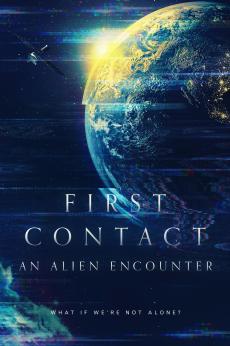
First Contact: An Alien Encounter
Science and Nature

The Colorado
Science and Nature